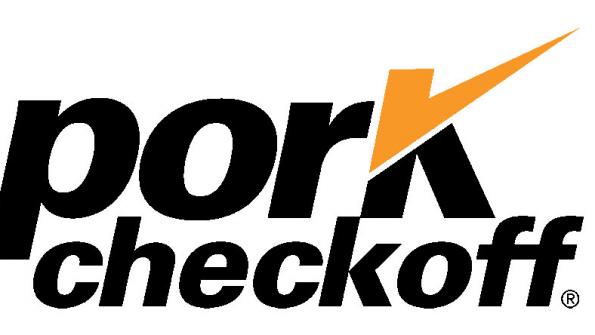Pork Checkoff Invests More Funds to Battle PED Virus
July 22, 2013

The National Pork Board has agreed unanimously to commit an additional $350,000 toward research, education and coordination of efforts to better understand porcine epidemic diarrhea (PED) virus. This increase in funding is in addition to $450,000 announced in June, bringing total pork checkoff investment to $800,000.
“Our No. 1 priority is to contain spread of the virus with the goal of increasing the potential to eliminate the disease,” says Paul Sundberg, DVM, senior vice president of science and technology at the National Pork Board. “Through research we just completed, we already have determined that transportation of sows and market hogs can be a major risk factor in the spread of PED virus.”
Toward that end, Sundberg says the next step is to assemble a core team of pork producers, veterinarians, packers and processers to refine a specific biosecurity approach.
“The collaboration we have received in just the first two months of study is outstanding. Each day we learn more about PED virus and its impact, so these additional funds for timely research and national coordination will allow us to help pork producers better address the virus, while preparing us for other potentially emerging disease scenarios,” Sundberg says.
Like what you’re reading? Subscribe to the National Hog Farmer Weekly Preview newsletter and get the latest news delivered right to your inbox every week!
The virus was first identified in U.S. swine herds in mid-May, and as of mid-July, 346 cases of PED virus have been confirmed in 14 states, with most in Iowa and Oklahoma.*
“Pork producers immediately responded to PED virus. We have already learned so much through increased cooperation among state and federal agencies, professional organizations, associations and from the information pork producers have willingly shared,” says National Pork Board President Karen Richter, who raises hogs and farms with her family in Montgomery, MN. “Our focus on research, education and the sharing of information is exactly where we need to provide checkoff funds. This investment will contribute to a stronger organized effort and industry.”
While PED virus is widespread in many countries, it is not trade-restricting. The virus presents itself similarly to transmissible gastroenteritis (TGE), another viral swine disease. The symptoms are clinically similar, including diarrhea and dehydration, and can be fatal to small pigs – especially those under 3 weeks of age. Current research is focused on diagnostics and surveillance, pathogenicity, transmission risk factors and educating pork producers and transporters on steps they can take to eliminate it.
PED virus is spread in a fecal-oral manner. As such, pork producers, handlers and transporters are urged to follow strict biosecurity measures. Special care needs to be taken to wash and completely disinfect transport vehicles. If a pork producer suspects PED virus, they should immediately consult a veterinarian since fast action in identification, containment and biosecurity can stem its spread.
Researchers already have found the virus present on the surfaces of truck and animal chutes, so having strict transportation biosecurity is critical to stopping its spread.
General transportation biosecurity tips include:
When visiting a site or packing plant, transporters should wear coveralls and boots to prevent contamination in the cab of the trailer and to minimize exposure to other pigs.
Establish a “clean” and “dirty” zone for farm and transport workers to follow during load-in and load-out.
Clean and disinfect trailers after use. This is especially important when going to commingled sites such as cull depots, packing plants or buying stations.
Remove dirty shavings, manure and other debris. The use of a detergent soap can help to break down dried manure and speed up the wash process. After cleaning the trailer, use a disinfectant according to label directions to kill the virus.
Wash coveralls, boots and other equipment when transporting pigs and clean the interior of the tractor cab to remove any dirt or shavings.
Once clean, park the tractor and trailer in a secure location away from other vehicle traffic to dry.
“Many questions remain unanswered about PED virus, including how it entered the United States and the precise number of pigs that have become infected,” Sundberg says. “What's important to keep in mind is that PED virus is not a human health issue but rather a pig production disease, and we know that enhanced biosecurity measures are extremely important in containing the virus.”
You might also like:
Cases of Porcine Epidemic Diarrhea Virus Rise
You May Also Like



